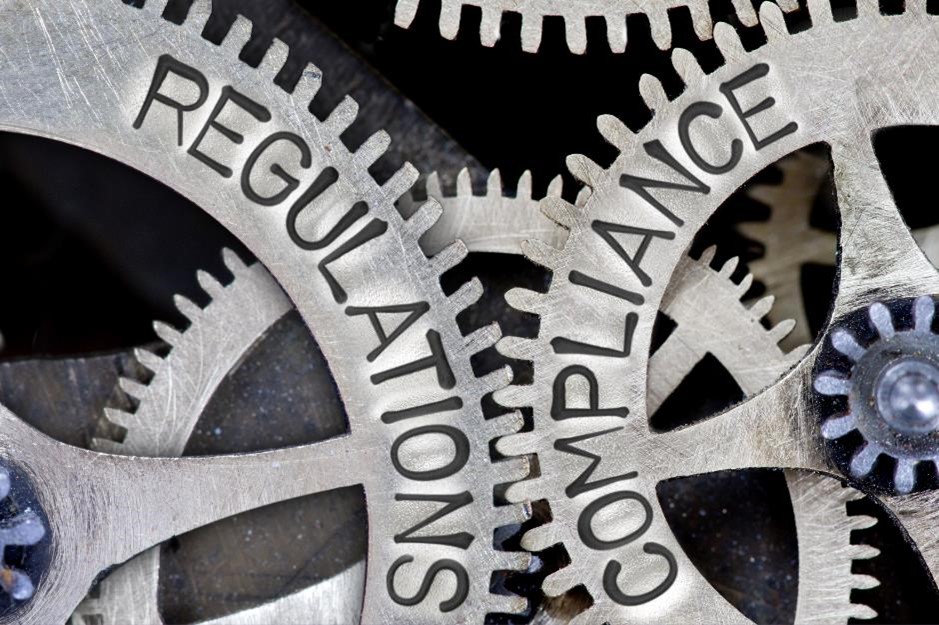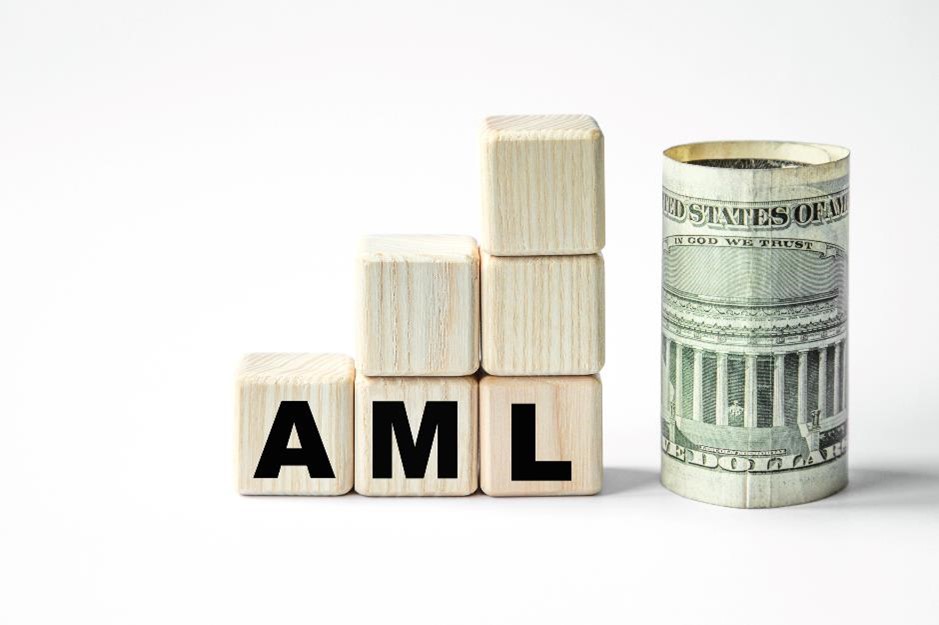Money laundering is a serious crime that can have a devastating impact on the global financial system. It is a process whereby criminals attempt to conceal the proceeds of their illegal activities by making them appear to be legitimate. This process involves multiple stages and can be difficult to detect, which is why anti-money laundering (AML) regulations are so important.
What is Anti-Money Laundering (AML)?
Anti-Money Laundering (AML) refers to a set of laws, regulations, and procedures designed to prevent the generation of income from illegal activities and the use of such income to fund terrorist activities. The primary goal of AML regulations is to prevent the movement of illicit funds through the financial system by identifying and deterring criminal activities such as money laundering, terrorism financing, and fraud.
Why are AML regulations important?
The importance of AML regulations cannot be overstated. Money laundering poses a significant threat to the global financial system, as it can destabilize financial institutions, undermine the integrity of financial markets, and facilitate the financing of terrorism. A single instance of money laundering can have far-reaching consequences, including economic and social harm.
To address these risks, governments around the world have implemented AML regulations, which require financial institutions to implement policies, procedures, and systems to detect and prevent money laundering. Failure to comply with these regulations can result in hefty fines and reputational damage, as well as legal and operational risks.
How Compliance AML services can help
Compliance AML services can help financial institutions comply with AML regulations by providing comprehensive solutions that address the requirements of these regulations. These services typically include a range of features, such as customer due diligence, transaction monitoring, sanctions screening, and suspicious activity reporting.
Customer due diligence is a critical component of AML compliance and involves verifying the identity of customers and assessing their risk profile. Compliance AML services can help institutions streamline this process by using advanced technologies such as artificial intelligence (AI) and machine learning (ML) to automate the identification and verification of customers.
Transaction monitoring is another key element of AML compliance, which involves tracking and analysing transactions for potential money laundering activity. Compliance AML services can help institutions monitor transactions in real-time, using sophisticated algorithms to detect suspicious patterns and behaviours.
Sanctions screening is also a crucial component of AML compliance, which involves screening customers and transactions against global sanctions lists. Compliance AML services can help institutions automate this process, ensuring that they are not doing business with prohibited entities.
Finally, suspicious activity reporting involves the reporting of potentially suspicious transactions to the relevant authorities. Compliance AML services can help institutions streamline this process, ensuring that they are meeting their reporting obligations in a timely and accurate manner.
Conclusion
In conclusion, AML regulations are critical to the integrity of the global financial system. Compliance with these regulations can be challenging, but with the help of compliance AML services, financial institutions can implement comprehensive solutions that address the requirements of these regulations. By leveraging advanced technologies and automated processes, these services can help institutions detect and prevent money laundering, thereby mitigating risks and safeguarding the integrity of the financial system.
References:
Financial Action Task Force (FATF). (2021). What is Money Laundering?. [online] Available at: https://www.fatf-gafi.org/faq/moneylaundering/
Association of Certified Anti-Money Laundering Specialists (ACAMS). (2023). Anti-Money Laundering Compliance. [online] Available at: https://www.acams.org/aml-resources/anti-money-laundering-compliance/
PwC. (2022). AML Compliance Services. [online]



